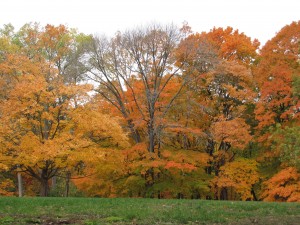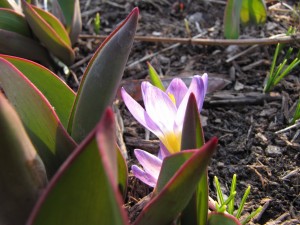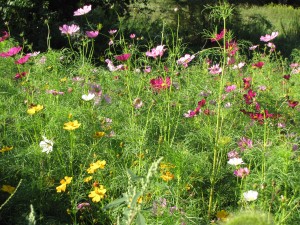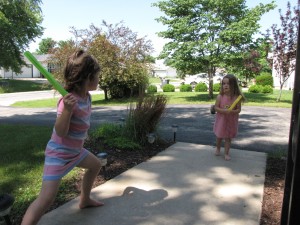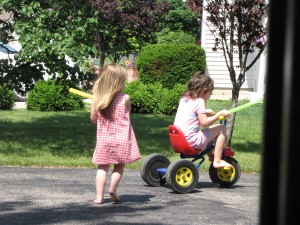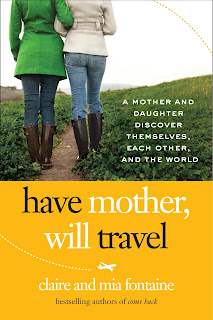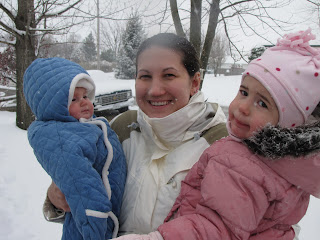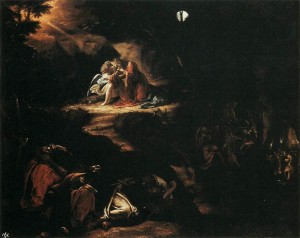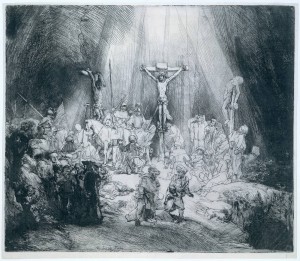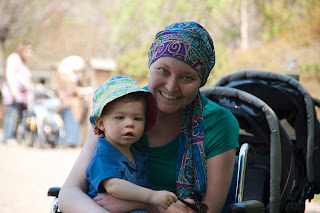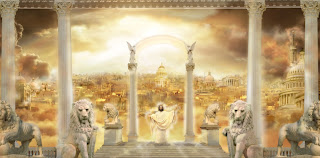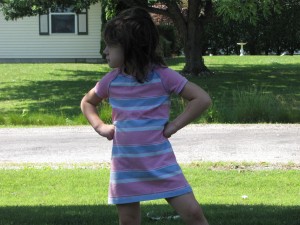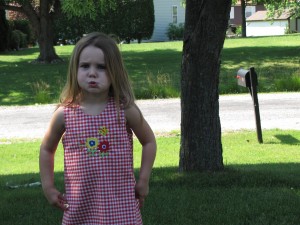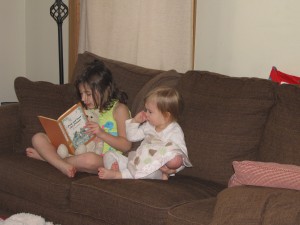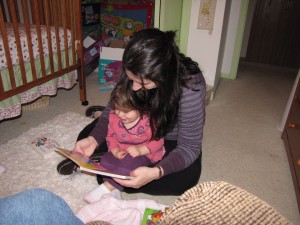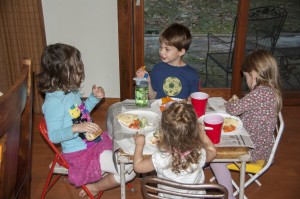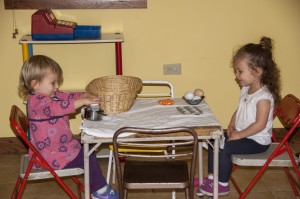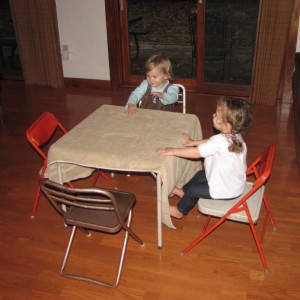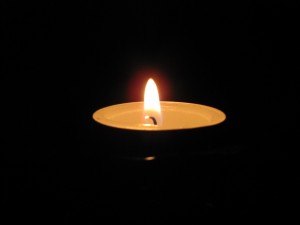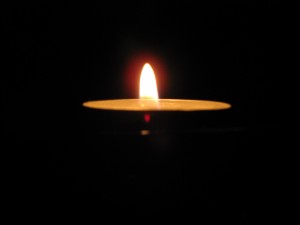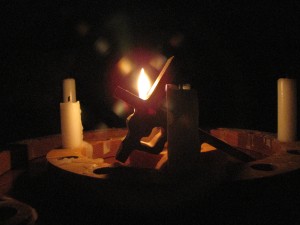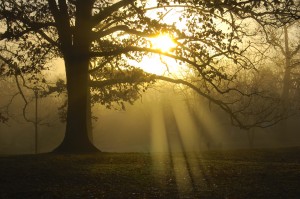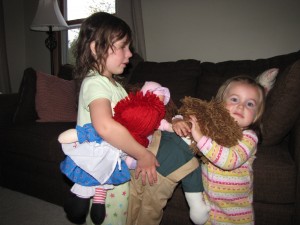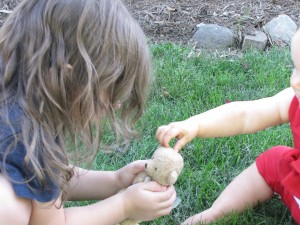We are in the middle of moving, so I will be fetching from the archives for the next two or three weeks. Enjoy!
Is there such a thing as good?
Not the sort of good that is only good because it results in some desired, practical outcome, but the sort of good that is good in itself. Inherently good, intrinsically good.
It would be arrogant to think that such a question could be fully addressed in this small place, but perhaps this space is sufficiently large at least to begin the wonderings.
This is a question containing quite a breadth of meaning, so it is worthwhile to ask it again: is there anything that is good in itself, apart from any practical value it might have?
What would it look like if the answer was no? What would our world look like if we believed that there was nothing that was good apart from its practical value? (I hasten to insert, however, that belief of some truth is not quite the same as truth itself.)
If there is no such thing as good, then that which is good becomes the same as whatever thing that I want.
When all that says “It is good” has been debunked, what says “I want” remains. ~ C.S. Lewis in Abolition of Man
If good is the same as I want, then we become nothing but bundles of desires chasing after what will satisfy.

Freedom.
We in the United States love the idea of freedom, yet even that idea has changed over the years.
Freedom, for most of the time that the major religions (Christianity, Judaism, Islam) have existed, meant the freedom to choose what is good; it involved responsibility and even the idea of self-denial.
If you asked most Westerners today, even those belonging to Christ, freedom means being able to do what pleases me. It means doing whatever I want.
Those belonging to Christ might add “as long as I do not hurt others”.
Yet even that caveat seems to apply only to short-term harm and not to anything long-term such as caring for our earth and being committed to justice.
Look at our world and see the belief that there is nothing that is purely good, that freedom means the ability to follow my own desires.
Look at Christ, however, and see that if good does exist than freedom is the freedom to choose that good rather than being controlled by what is not good. Freedom means responsibility and self-denial. If there are things that are purely good, than those things should always be chosen for themselves and not for any practical value they might confer.
Many of those who pursue freedom are not truly free at all. They are controlled by their own passions and desires, forced to spend their lives chasing after what will satisfy, yet never finding it.
Those who freely choose to be controlled by Christ, however, are choosing to control their desires and to harness their passions in pursuit of that which is good. They will be satisfied.
Once again, Christ turns the wisdom of this world upside down and gives the good gift of true freedom to those who voluntarily offer their own freedom to Him.
Has not God made foolish the wisdom of the world? For since in the wisdom of God the world through its wisdom did not know him, God was pleased through the foolishness of what was preached to save those who believe.
